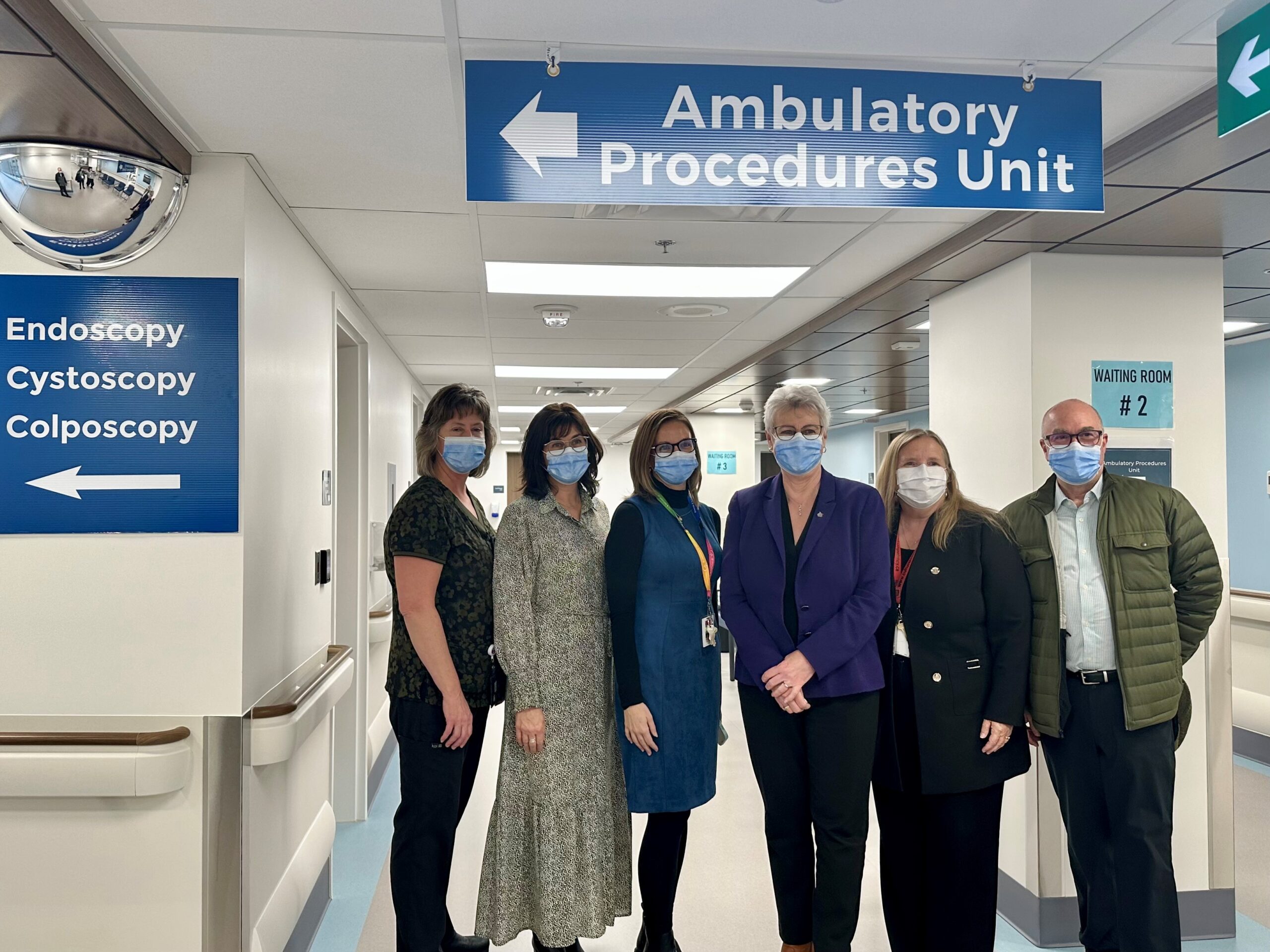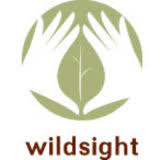Newsletter from MLA/Minister Katrine Conroy
This week I was thrilled to able to join others in celebrating a significant milestone in the redevelopment of Kootenay Boundary Regional Hospital Improved access to healthcare is benefiting individuals throughout the region, thanks to the completion of the Pharmacy and Ambulatory Care project here at KBRH.
The new pharmacy is triple the size of the previous one. It features a new patient education room for private consultations and better ventilation spaces making it safer for everyone.
The new ambulatory care wing was built above the expanded emergency department. Upgrades were badly needed, our government recognized this, and took action.
I’d like to thank our partners, The West Kootenay Boundary Regional Hospital District and The KBRH Health Foundation in this project. They have showed true leadership in making sure this got off the ground. The work at KBRH is a significant step forward in our shared commitment to delivering high-quality care to the people of this region.
Please click here to learn more: Kootenay Boundary Regional Hospital expansion complete | BC Gov News
Kootenay Boundary Patient Advisory Committee & Community are thrilled to announce the “Empowering the Citizen Patient” campaign, brought to you with support from local practitioners. This series of articles and resources aims to enhance understanding of the health care system and empower individuals in managing their health and navigating care in Kootenay Boundary.
Earlier this week I had an opportunity to check in with Teck about some interesting and important work they are doing in support of the circular economy to reduce their environmental impact.
What is a “Circular Economy”? Click here to learn more.
Teck is piloting an innovative Carbon Capture project, in which they are investigating how to capture carbon from their industrial operations to meet their goal of reducing the carbon intensity of their operations by 33% by 2030 and achieve net-zero emissions by 2050. The machinery is already up and running and captures about 3 tonnes of CO2 per day. If successful, Teck hopes to expand to a full scale facility to capture over 100,000 tonnes of CO2 per year. The CleanBC Industry Fund helped make this project possible.
Click here for more information about the Carbon Capture Utilization and Storage (CCUS) pilot.
We also talked about the growing global need for recycling electric vehicle batteries and Teck’s ideas to meet that need by setting up a major recycling hub right here in Trail.
Did you know Teck is one of the world’s largest producers of mined zinc? Zinc is the world’s 4th most widely used metal in the world. It has anticorrosive properties which is why its primary use is in the galvanizing process, which protects iron and steel from rusting. We visited the zinc plant to see how it is made. Thanks to clean and renewable power from the Waneta Dam and sourcing from Teck’s low carbon intensity Red Dog mine, the carbon footprint of Teck’s zinc is well below the global average.
Click here to learn more about Teck’s low carbon zinc.
While visiting downtown Trail this week we stopped in to chat with Erika Krest Executive Director Trail & District Chamber of Commerce. She shared the concerns of many businesses regarding safety, and supports for Trail downtown residents. Her commitment to Trail businesses and residents is evident. Next time you have some time to spend in downtown Trail (#201 – 1199 Bay Avenue) stop by, say hi and check out the Teck Interpretive Centre – Trail and District Chamber of Commerce (trailchamber.bc.ca)
Last Friday Nov. 10 was a big day for the Village of Fruitvale! I was so pleased to be invited to help celebrate two much needed projects.
First, I joined the local community in a “sod-turning” ceremony to kick off the 𝘂𝗽𝗰𝗼𝗺𝗶𝗻𝗴 𝗰𝗼𝗻𝘀𝘁𝗿𝘂𝗰𝘁𝗶𝗼𝗻 𝗼𝗳 𝗮 𝟯𝟭-𝘂𝗻𝗶𝘁 𝗵𝗼𝘂𝘀𝗶𝗻𝗴 𝗱𝗲𝘃𝗲𝗹𝗼𝗽𝗺𝗲𝗻𝘁. The project is expected to be completed in late 2025 and will provide one-, two-, and three-bedroom rental units for individuals, families, seniors, and people living with disabilities. The units will be a mix of rent-geared-to-income (where residents pay 30% of their income for rent), market rates, and deep-subsidy rates for people on income assistance.
The rentals will be operated by the Lower Columbia Affordable Housing Society.
Next, I took part in the ribbon cutting ceremony of the new 𝗕𝗲𝗮𝘃𝗲𝗿 𝗩𝗮𝗹𝗹𝗲𝘆 𝗖𝗵𝗶𝗹𝗱 𝗖𝗮𝗿𝗲 𝗖𝗲𝗻𝘁𝗿𝗲. It will be opening early in the new year with 37 seats for infants, toddlers and pre-K. Some of you may know that many years ago I taught Early Childhood Education, so I was overjoyed to discover that the centre will be managed by a former student of mine, Sheila Issel, as part of the Beaver Valley Nursery School Society.
Access to child care is life-changing for families, and allows parents to support their families by pursuing work, school and other opportunities. Fruitvale has needed this for a long time, so I am extremely happy for the families, children and community as a whole.
Congrats to Fruitvale for both of these great projects!
Congrats to Rossland for the official opening of 𝘙𝘰𝘴𝘴𝘭𝘢𝘯𝘥 𝘠𝘢𝘳𝘥𝘴, the new site of both the City of Rossland City Hall, and 37 one-, two-, and three-bedroom affordable apartment units.
It was wonderful to reconnect with some local folks, to see the finished project and to tour some of the rental units, offices, and state-of-the art council chambers.
These much-needed new homes will help people, including families, seniors, and people with disabilities live affordably and stay in the community they call home, close to friends and family.
The apartments are just below market rates and have been prioritized for individuals, couples, and families already working in the community or who have recently retired from the local workforce. The units are operated by Lower Columbia Affordable Housing Society.
Please click here to learn more:
https://news.gov.bc.ca/releases/2023HOUS0155-001759
Government taking action to protect communities against hate, violence
The province is taking action against hate-motivated violence in British Columbia by supporting community organizations throughout the province and by providing resources to individuals. The province will be offering a specific anti-hate community support fund for organizations impacted by acts of hate including vandalism, while rolling out the racist incident helpline, which will help strategically target further government resources to combat hate. The new anti-hate community support fund will be provided to organizations such as places of worship, cultural community centres and at-risk groups, including the 2SLGBTQIA+ community, for security equipment, graffiti removal and repairs to damaged property as part of community efforts to respond to hate-motivated crimes.
B.C. prioritizing ecosystem health, biodiversity
The province is taking more steps to conserve nature for the long-term health and well-being of communities with the release of a draft biodiversity and ecosystem health framework. B.C. has the greatest diversity of species, ecosystems and habitats of any jurisdiction in Canada. The resilience of the province depends on an integrated and inclusive approach to stewarding B.C.’s water, land and natural resources. The framework is another action the province is taking as part of ongoing work to improve stewardship of B.C.’s lands, forests and water, to implement the recommendations of the Old Growth Strategic Review and to honour B.C.’s commitments under the Declaration on the Rights of Indigenous Peoples Act.
Respiratory illness immunization campaign off to a good start
People are rolling up their sleeves to protect themselves, their loved ones and the communities they live in against influenza and COVID-19 as the province takes action to ensure it is easy and free to get immunized. This year’s respiratory illness immunization campaign launched to the general population on Oct. 10, 2023. As of end of day, Thursday, Nov. 9, 2023, B.C. has administered 1,072,505 doses of influenza vaccines and 847,458 COVID-19 vaccines. The latest numbers from the BC Centre for Disease Control show that COVID-19 cases are decreasing after a peak in early October, with fewer cases and hospitalizations weekly.


























